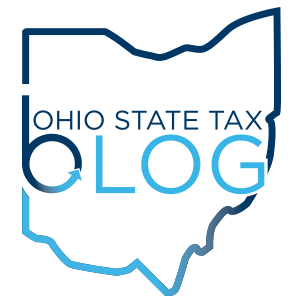Ohio Sales / Use Tax Refund Opportunity for Paving Contractors
Buckingham Tax Attorneys, Steve Dimengo and Rich Fry, just obtained a victory from the Ohio Board of Tax Appeals (BTA) for their client in Karvo Paving Co. v. Testa, BTA Case No. 2016-782 (Jan. 4, 2018). The contractor challenged a use tax assessment on purchases of traffic maintenance property required for ODOT and other public road projects, contending such property was effectively sold via the transfer of possession to ODOT for a fee. The traffic maintenance property included barrier walls, barricades, temporary traffic lights, message boards and signs. The Department of Taxation asserted this property was not sold but was used by the contractor during performance of the road project.
The BTA agreed that possession of such traffic maintenance property was transferred because the ODOT project engineer controls the placement and use of the property, which fulfills the state’s public obligation to control traffic. Further, the contract documents specify the size, type, amount, and price of traffic maintenance property required for the project. Therefore, the BTA correctly found that the contractor did not owe use tax on the traffic maintenance property since it was resold to ODOT as rented equipment as part of the public road contract. This provides a significant refund opportunity for paving contractors that have paid, or been assessed, tax on traffic maintenance property purchases. Of course, it also supports exemption on future purchases. Moreover, contractors need not collect tax on the rental/sales price when the customer is an exempt purchaser such as ODOT or a political subdivision.
Additionally, the BTA ruled that the contractor’s purchase of employment services from an affiliated entity were exempt under R.C. 5739.01(JJ)(4). The contractor and affiliated entity were both owned entirely by husband and wife, but had different majority owners – the husband was the majority owner of the contractor, while the wife was the majority owner of the provider. The Department of Taxation asserted that exemption was not warranted because the same individual did not control both entities. However, the BTA found that the husband had complete control over the business operations of both companies, as his wife (the majority shareholder) granted this control to him in writing. Accordingly, the taxpayer’s purchases of employment services were exempt under the affiliated group exception. The BTA’s ruling highlights the scope of this exemption, as affiliated status may be established by showing the business operations of two companies are controlled by the same individual, even if majority ownership is not the same.
Please contact us to discuss any potential refund claims your business may have based upon this favorable decision.
